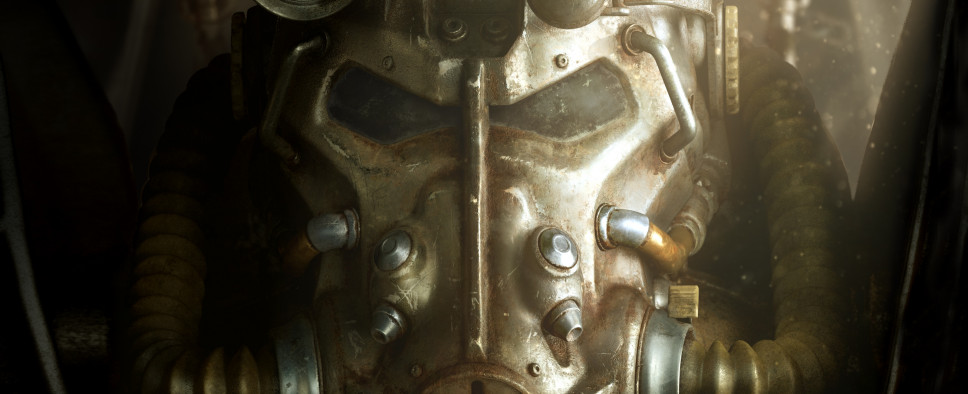Developers Weigh in on Fallout 4
-
Category: News ArchiveHits: 2813

Bethesda Game Studios' games have always been successful, but with the release of Skyrim they have become industry events. As such, articles analyzing them from critics and bloggers eager to offer their opinions and criticism have become increasingly common. There are definitely a lot of perspectives I'd like to highlight, but for now I'd like to put the spotlight on a couple of articles that offer opinions coming from people who have worked in game development.
Zack McClendon on Wired talks about the game's bugs and how Bethesda's attempt to change its internal team structure and its games to more easily fix them could potentially ruin their games. The tone is a bit needlessly inflammatory, in my opinion, but there's a lot of good insight into Bethesda's practices:
Players see the lack of polish in Fallout 4 as a separate issue from the game's greatness, an issue that could be teased out and fixed. As a game developer with 15 years' experience on teams large and small, I see something much different, and incredibly rare: A highly successful studio focused on sustaining a team and its games through slow growth, reasonable team sizes, strong company culture, and creative fulfillment.
While the rest of the AAA game industry has ballooned team sizes and budgets in a dogged pursuit of slickness and sales, Bethesda has remained small, lean, and, yes, sloppy. It may be impossible to make the games Bethesda makes while giving them a high level of polish, and trying to do so could destroy the studio.
...
Bethesda is made up of a fairly small number of veteran developers, many of whom have worked together for a long time. Its slow and gradual growth has allowed it to integrate new employees into the culture and process. While Bethesda's tech and tools have seen updates and revisions, they are built on much of the same core tech and workflows that date to, in some cases, Morrowind. This combination of flexible tools and a lower level of polish allow people to work fairly quickly and autonomously. Yes, there is always a need for of direction, review, and process, but the strength of a small team that knows each other well is trust. And trust in a creative endeavor enables amazing things.
(You would not get this much good content that comes together the way it does without that kind of chemistry,) Bethesda creative director Todd Howard recently told Game Informer. (You couldn't build a studio and say, '˜I'm going to build something like that.' I just don't think you could. We work together very well.)
Imagine quickly adding 200 outsiders to that group. It is impossible to recreate that chemistry in a reliable way. You'd discover that (trust) must be replaced with something else process, oversight, and centralized control. The bigger the team and more rapid the growth, the more rigid the process must be to keep things on the rails. Things once handled by personal relationships become a formal process. Tasks a few developers could do on their own now require a small army.
While Gamasutra has input from three game designers on the game's crafting system. A snippet:
Freelance Designer Rick Ernst, who's currently contracting at Riot Games, compares Fallout 4's crafting to Bethesda's Skyrim, and says there's an immediately visible shift in design that shows significant evolution from older modes of RPG thinking.
(The crafting system is much more interesting and useful than that of Skyrim, despite the superficial similarities and reuse of core mechanics," he says. (With Skyrim, early crafting was, with few exceptions, grinding out garbage to skill up. Low level enchanters couldn't make anything worth a damn, but you still did these low-cost transactions because it was the only way to level up enchanting.)
By comparison, Fallout 4 begins by (demoing) skill trees that players may be interested in later. (For example, mods, chems, and structures you build early on are immediately useful power-wise, and don't feel like grinding to build," says Ernst. "Though a small amount of XP is awarded with crafting, it isn't a primary means of advancement. (
(Fallout advancement focuses on discrete jumps via perks, so grinding is a poor choice and advancement can focus on qualitative bonuses through qualitative advancement via S.P.E.C.I.A.L skills that act as a prerequisite gate to better crafting perks.)

